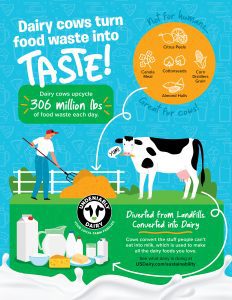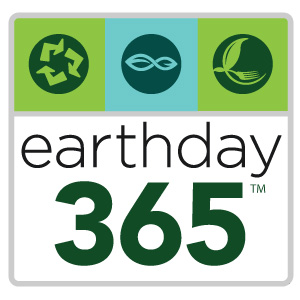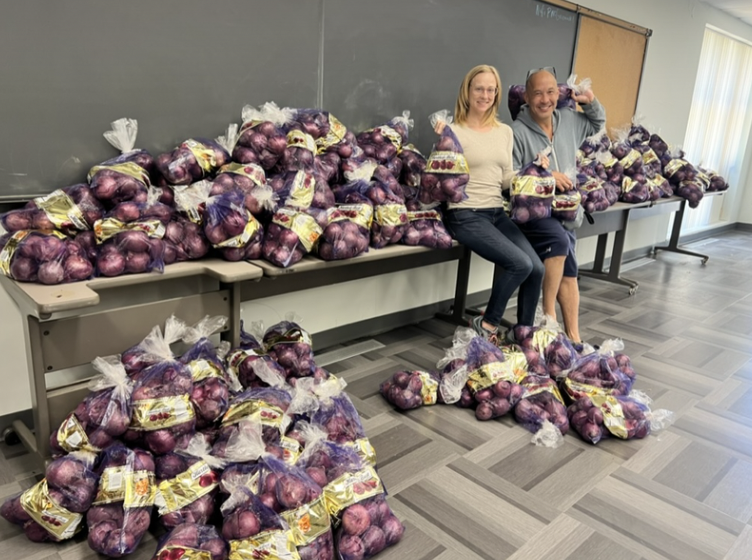Cows are Cool and Other Dairy Facts!
Have you ever wondered where your favorite dairy products come from? Visited a dairy farm? Thought about the sustainability of dairy farming? Look no further! Take a virtual farm tour of Riegel Dairy located in Missouri and see firsthand the day-to-day operations of dairy farming and learn about some of the sustainable practices being implemented. Visit Riegel Dairy!
94% of dairy farms are family-owned and dairy farmers are invested in passing along healthy and sustainable land, water, and animals to their children, grandchildren, and their communities.
Here are four dairy facts you may be surprised by.
 1. Cows are upcyclers.
1. Cows are upcyclers.
Dairy cows turn food waste into taste! In fact, 80% of a cow’s diet cannot be digested by humans. Cows eat byproducts aka items that humans cannot and transform them into nutritious dairy products. Some of these byproducts include citrus peels, soybean hulls, cotton seeds, canola meal, and corn distillers grain.
2. Milk is local.
There are dairy farms closer to where you live than you may think. Milk travels from farm to in the grocery store in about 48 hours. Talk about farm to table!
3. Water is recycled.
One gallon of water can be used as many as 4 times! Dairy farmers can clean their barns with water, use it to irrigate their crops, provide it as drinking water for the cows, and can also use it to cool the milk in the parlor.
4. Manure waste is natural.
Dairy farmers take the manure from their cows and it is used as a natural fertilizer on crops. This eliminates the need for synthetic fertilizers and puts important nutrients back into the soil.
Thanks to increasingly modern and innovative dairy farming practices, the environmental impact of producing a gallon of milk in 2017 shrunk significantly, requiring 30% less water, 21% less land and a 19% smaller carbon footprint than it did in 2007. Dairy farmers are continually working together to be good stewards of the land and further improve these numbers. The U.S. dairy industry has committed to achieving greenhouse gas neutrality by 2050 through their Net Zero Initiative. So when it comes to pouring a glass of milk, scooping ice cream, peeling a cheese stick, or opening that yogurt container – you can feel good about choosing a product that is both good for you and made with care for the planet too!



